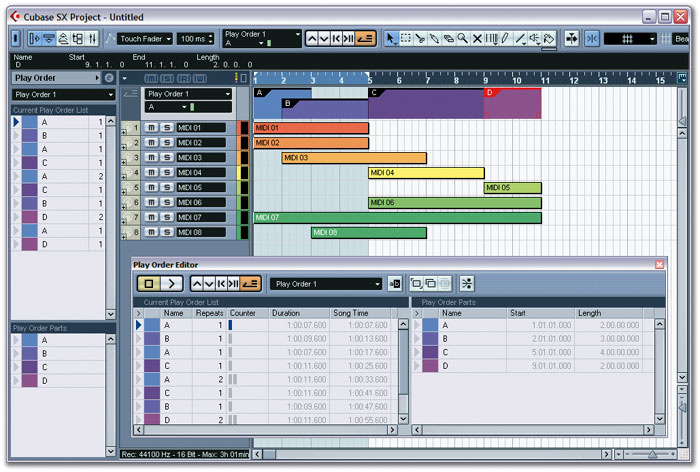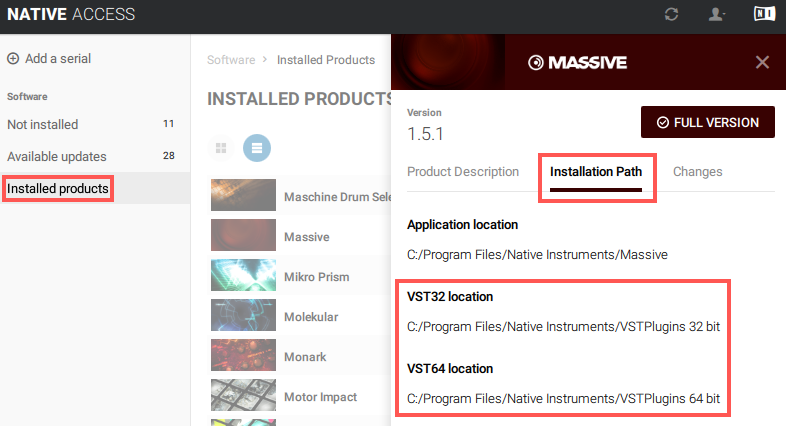
#CUBASE 8 COMPARISON INSTALL#
It seems that you don’t need to have Vienna instruments to buy and get this VEPro host.Ĭould you describe, how this combination, Master DAW PC + Slave PC really works ? You install your main DAW(s) and half of your VST plugins into your Master DAW PC and Vienna Ensemble Pro 5 host + the rest of your VST plugins into your Slave PC ? Can you link Master PC to Slave PC with normal ethernet cable and by doing that use VEPro succesfully in Cubase 8 ? Is there anything else that I should know ? I would have few questions regarding to VEPro. Big enough, studio-quality orchestra tracks don’t necessarily get created on DAW’s but in hardware-based mixers that are recorded as audio and later sent into DAW’s." At the very least, this can make mixing much easier.

Once you have the instruments and melodies totally figured out, record them as audio clips. My advice is to tone it down on the projects. Someone above said it have big enough of a project, and any computer you throw at it is going to struggle. But again, you are spending a lot of money, and for what? Some bumps in performance? I don’t think that’s going to solve your problem. Icenburg has the right idea, a 2 xenon core. BUT… even with a Xenon, those are CPU’s heavily focused on multi-core processing, although their single core performance IS better. You have two routes here overclock, or go with a server CPU like Intel Xenon. Not just with music, but in general, you’re not going to see THAT significant of a performance increase. The truth is, you have a GREAT CPU, the 4770k is still a very solid, very modern CPU. I see so many people waste money on insane PC rigs and the performance increases are minuscule at best.

I am saying all this to discourage you from wasting all this hard-earned cash. That is a $1,000+ CPU that your current CPU outperforms in some single-threaded applications, and is neck-in-neck with others. As others here have said, certain aspects of the music development are mostly single-core dependent and NOT mutlicore, you you would essentially be wasting $1,000+ on LESS performance increase.įurthermore, look on their benchmark for the some of i7 extremes, like the 5960x. Also, a big one look at the Cinebench R10 singlethread comparison your 4770k had a better single-core bench than the 5820k, and by a lot. In several of the benchmarks for gaming, which are hugely single-core dependent, your current CPU performed better than the 5820k. In fact, in some spots it shockingly lags behind. Looking at that comparison, the 5820k doesn’t exactly blow away the 4770k by any means.
#CUBASE 8 COMPARISON FULL#
I highly recommend anandtech for any computer parts comparisons because they offer full and unbiased benchmarks for hardware vs.


Ideally the DAW would put different plugins on different cores but then has to manage the gathering of the results at a set time - it can only proceed when the slowest plugin is finished. Most plugins for example work on a stream of data that needs to be processed sequentially with little chance for parallelization. Not all algorithms can be divided up to run in parallel and there is a large overhead in setting up parallel operations in the first place. Large number of cores can provide speed improvements but so much depends on how the application has been programmed to use them and the nature of the application. So get the fastest ram possible and the system with the largest amounts of cache memory.įor DAW use you also need to take into account hard drive access if you are using a lot of audio so again get the fastest hard drive with the largest cache. The CPU is basically sat twiddling its thumbs. Generally the current bottleneck with modern systems is the time it takes to get data and instructions to the CPU from RAM.


 0 kommentar(er)
0 kommentar(er)
